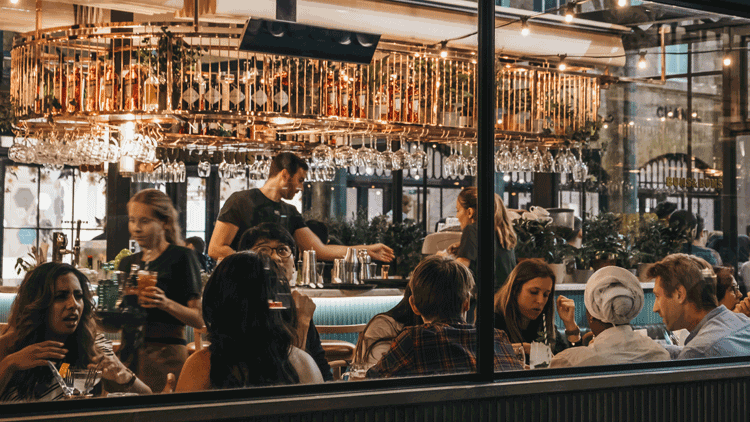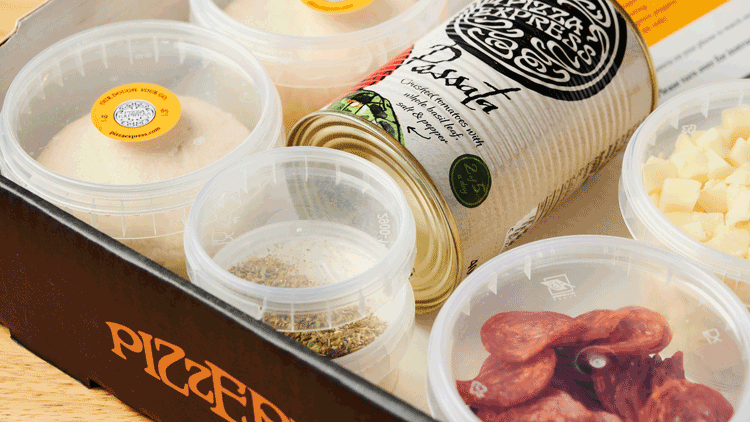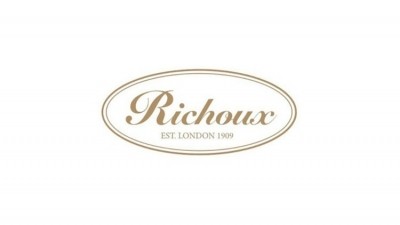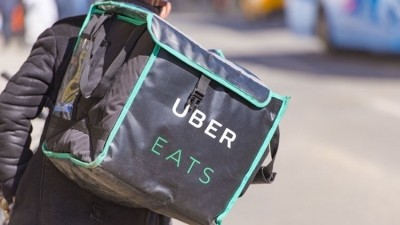Report suggests room for optimism in restaurant sector post lockdown

For many restaurant operators (and indeed people in general) 2020 was a year to forget, with data from Lumina Intelligence’s Restaurant Market Report 2020/21 showing that restaurant sales declined by 53% in 2020 following just 11 weeks of unrestricted trading all year.
One significant outcome of the pandemic has been an increase in the number of restaurant closures. Although site decline has been a feature of the UK restaurant market since 2016, following the peak of the casual dining ‘space race’, when the exceptional growth of branded restaurant outlets bolstered an ongoing decline in independent restaurants, the pandemic has exacerbated this existing property challenge. Lumina data shows that site decline increased from -2.5% in 2019 to -7.0% in 2020, equating to a net loss of 2,170 sites last year.
Indeed, over-expansion, unaffordable rents together with higher business rates and a drop in footfall contributed to more than 20 restaurant brands entering into administration or Company Voluntary Arrangements (CVA), including Chiquito, Carluccio’s and PizzaExpress, leading to the closure of numerous unviable sites.
Yet there is a silver lining to the glut of closures, says Lumina. It believes that the stark number of empty restaurants will open the door for nimble operators that should be able to negotiate deals on attractive sites previously held by larger brands for more affordable rents, in the short term at least. Brands including Bar+Block, Franca Manca, The Real Greek, Ego, Megan’s and Pizza Pilgrims are well placed to continue their slow but steady expansion as the market reopens, it says.
Large restaurant groups saw the steepest decline in 2020, with brands with more than 25 sites cutting 19.4% of outlets in 2020. Closures of big branded restaurants is expected to slow, with Lumina predicting that brands will close 0.9% of their estates in 2021. By contrast, Lumina predicts that medium operators of 10 to 25 sites will grow their estates by an average of 3.2% in 2021, with notable property opportunities on the market.
Predicting the unpredictable
Given the current uncertainty of the market, predicting the scale of recovery in the eating out sector is tricky. As such, Lumina has put together three scenarios based on different factors, such as the lifting of lockdown and the length of time social distancing measures are in place.
Its upbeat forecast, which makes assumptions around a mid-May opening for indoor hospitality and a stronger second half of the year with few restrictions on household mixing, suggests the market will return to 72% of its 2019 value in 2021. In an assumed mid-case scenario, whereby hospitality remains closed for indoor until late May and restrictions relaxed from August, this forecast is downgraded to 68% of 2019 value.
For its downbeat worst-case scenario for the hospitality industry, with restrictions easing by October but some needing to be reintroduced by December, Lumina’s predictions are more pessimistic, however, with the eating out market reaching only 62% of 2019’s value. Given the Prime Minister’s description of the current lockdown measures as being “cautious but irreversible”, there is optimism among operators that such a worse-case scenario can be avoided.
Consumer trends also offer optimism
Lumina’s consumer research also provides cause for optimism among restaurant owners, both large and small. According to its data, 52% of consumers are very/extremely likely to dine-in at restaurants before June. A lack of social interaction and eating at home fatigue will be the likely driver for visits in the early months post lockdown, it says.
Its data also points to the potential for restaurants to tap into a desire for more experiential dining, with more than a quarter of consumers saying they would be strongly encouraged to dine out in restaurants once lockdown is lifted if it offered live music events, with the option of a bottomless brunch appealing to a fifth of visitors.
Optimistically, pent up consumer demand will continue to drive restaurant sales throughout the summer with notable boosts in staycation hotspots likely given the continued uncertainty surrounding whether Brits will be able to have a holiday abroad this year.
However, with unemployment at its highest since 2016 and the threat of increased inflation, visits are likely to be an infrequent treat, Lumina warns.
Delivering more from makeaways
The hospitality industry has responded to the crisis with creativity through the challenges of the past 12 months with makeaways and delivery becoming key pillars of many restaurants’ businesses. Pizza Pilgrims was one of the first to offer an at-home restaurant kit at the start of the pandemic and has since been followed by numerous restaurants – in both the casual dining and fine dining space - including groups such as Patty & Bun, Honest Burgers, Cote, PizzaExpress and Hawkmsoor.
There has also been a huge rise in delivery-only kitchens across the sector, with Dishoom using this approach to launch its delivery concept. The group’s eight delivery-only kitchens have allowed the brand to expand into new markets, with it now available in Cambridge and Brighton via Deliveroo Editions.
Bone Daddies, meanwhile, launched chicken wing-centric virtual brand Wing Daddies earlier this month and is now extending its reach. Following a successful trial in Kentish Town earlier this month, Wing Daddies is now available as a virtual brand at all Bone Daddies locations.
Similarly, Azzurri Group has expanded its London-centric Coco di Mama brand out to the regions by making use of the kitchens of its Zizzi and ASK restaurants, allowing the brand to enter the Midlands for the first time as well as cities including Brighton, Cambridge and Reading.
While there is natural concern that the market for DIY meal kits will contract post lockdown, data suggests that it will remain robust for the rest of this year and beyond, with many businesses doubling down on their efforts.
Recently published data from Barclaycard Payments shows that 10% of the British population ordered a makeaway meal kit for the first time during lockdown and that 9% of people have spent more money on them since the first lockdown in March last year. It says that just under a quarter (24%) of those who have been ordering them expected to continue doing so even after hospitality venues reopen in May.
Restaurant groups including Adam Handling Restaurants, Hawksmoor, Simon Rogan and Elite Bistros are investing in the meal kit market post lockdown having reported significant sales of meal kits in their thousands each week.
Sarah Coleman is insight and communications director at Lumina Intelligence. For more information on its Restaurant Market Report 2020/21 click here

























